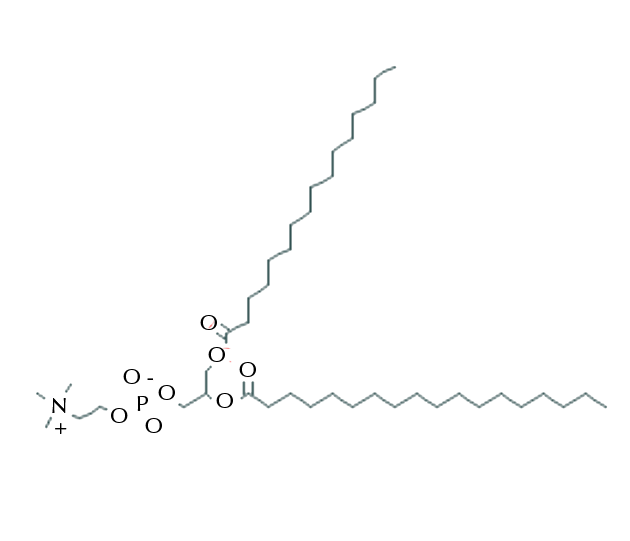What Is Hydrogenated Lecithin?
Hydrogenated lecithin is an ingredient that is used in skincare and cosmetic formulations to improve the texture and sensory feel of the product. Hydrogenated lecithin is mainly used as an emollient, emulsifier, and penetration enhancer in these products.
Lecithin is a generic term that describes any group of yellow-brownish fatty substances that naturally occur in plant and animal tissues, as well as in the human body. Lecithin was first isolated in 1845 by the French chemist and pharmacist Theodore Gobley from egg yolk. It can also be derived from sources such as soybeans, milk, marine sources, rapeseed, cottonseed, and sunflower. It’s made up of fatty acids which are the building blocks of fats and oils.
The use of lecithin in cosmetics and skincare products was previously limited because of its oxidation and instability against heat. This is why hydrogenated lecithin was created. Hydrogenated lecithin is the product of controlled hydrogenation or addition of hydrogen, of lecithin. Hydrogenated lecithin provides all of the same benefits of natural lecithin, but it has improved stability.

Hydrogenated lecithin
the good:Hydrogenated lecithin improves the texture and feel of skincare and cosmetic formulations. It also has the added benefit of preventing water loss from the skin.
the not so good:Hydrogenated lecithin is not considered a key ingredient as the benefits it provides, mostly improve the formulation and not the condition of the skin.
Who is it for?All skin types except those that have an identified allergy to it.
Synergetic ingredients:Works well with most ingredients
Keep an eye on:Nothing to keep an eye on here.
Why Is Hydrogenated Lecithin Used?
In cosmetics and skincare products, hydrogenated lecithin functions as an emollient, emulsifier, and penetration enhancer.
Emollient
As an emollient, hydrogenated lecithin has the ability to soften and soothe the skin. Its high concentration of fatty acids creates a protective barrier on the skin that effectively seals moisture in while keeping environmental elements out. This property makes hydrogenated lecithin an excellent ingredient to add to restorative creams, or in products designed for mature, or dry skin. Additionally, hydrogenated lecithin is commonly used in hair conditioners and other hair products due to its emollient properties.
Emulsifier
Hydrogenated lecithin also functions as an excellent emulsifier. Emulsifiers are needed for products that contain both water and oil-based ingredients. When mixing oil and water-based ingredients the formulation tends to separate or split. In order to address this problem an emulsifier like hydrogenated lecithin can be added to improve the consistency of a product, which enables an even distribution of skincare benefits.
Enhancer
Hydrogenated lecithin can also be classified as a penetration enhancer. This means it has the ability to deeply penetrate through the layers of skin, enhancing the penetration of other active ingredients.
Is Hydrogenated Lecithin Safe?
The safety of lecithin and hydrogenated lecithin has been assessed by the Cosmetic Ingredient Review Expert Panel. The Expert Panel evaluated the scientific data and concluded that lecithin and hydrogenated lecithin are safe as used in rinse-off products. However, the Panel limited the use of lecithin and hydrogenated lecithin in leave-on products to concentrations less than or equal to 15 percent.
Since hydrogenated lecithin functions as a penetration enhancer, caution should be exercised when it is combined in formulations with other ingredients that may be harmful if absorbed through the skin.
It is possible for some people to have allergies to hydrogenated lecithin since it can be derived from soybeans, eggs, and milk, which are common allergenic foods. Those that are highly sensitive to these foods might react to hydrogenated lecithin.







